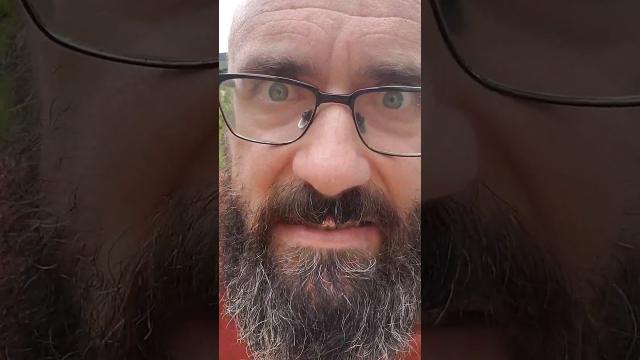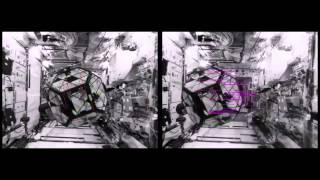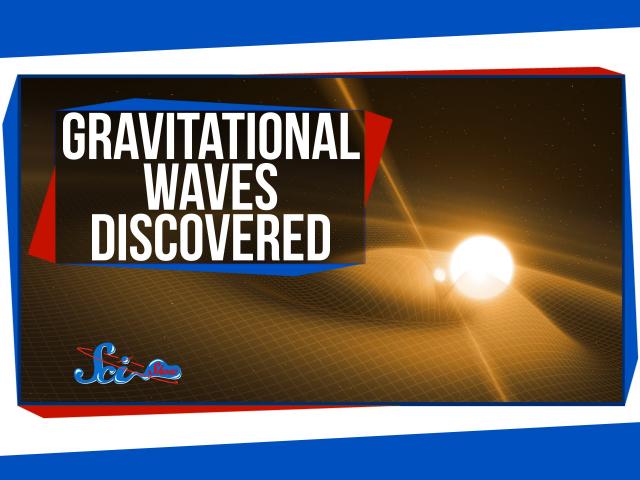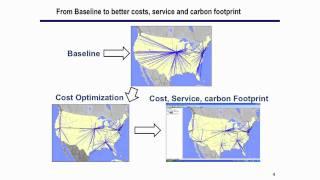Time Travel, Teleportation & Science
Time travel is the concept of moving between different points in time in a manner analogous to moving between different points in space, generally using a theoretical invention, namely a time machine. It has a commonly recognized place in philosophy and fiction, but has a very limited application in real world physics, such as in quantum mechanics or wormholes.
Although the 1895 novel The Time Machine by H. G. Wells was instrumental in moving the concept of time travel to the forefront of the public imagination, The Clock That Went Backward by Edward Page Mitchell was published in 1881 and involves a clock that allowed three men to travel backwards in time.[1][2] Non-technological forms of time travel had appeared in a number of earlier stories such as Charles Dickens' A Christmas Carol. Historically, the concept dates back to the early mythologies of Hinduism (such as the Mahabharata), Buddhism, and Islam through ancient folk tales. More recently, with advancing technology and a greater scientific understanding of the universe, the plausibility of time travel has been explored in greater detail by science fiction writers, philosophers, and physicists.
Teleportation, or Teletransportation, is the theoretical transfer of matter or energy from one point to another without traversing the physical space between them. It has a commonly recognized place in science fiction literature, film, and television, but as yet has a very limited application in real world physics, such as quantum teleportation or the study of wormholes.
Science (from Latin scientia, meaning "knowledge") is a systematic enterprise that builds and organizes knowledge in the form of testable explanations and predictions about the universe. In an older and closely related meaning, "science" also refers to a body of knowledge itself, of the type that can be rationally explained and reliably applied. A practitioner of science is known as a scientist.
In modern usage, "science" most often refers to a way of pursuing knowledge, not only the knowledge itself. It is also often restricted to those branches of study that seek to explain the phenomena of the material universe.
Source : Wikipedia
-
05:28
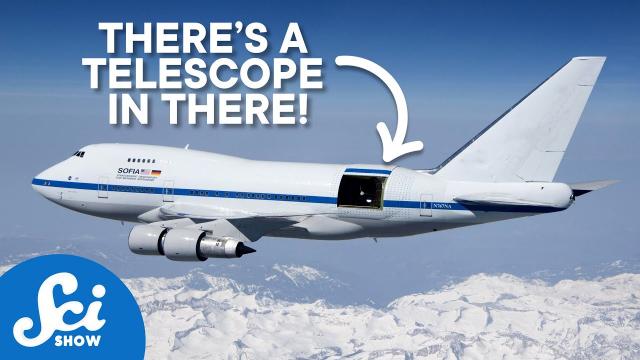
Goodbye, SOFIA, the Telescope That Actually Flew
Added 169 Views / 0 LikesIn 1997, NASA bought a Boeing 747SP for what might be both a super cool and super absurd purpose. Turn it into SOFIA, a flying telescope.Hosted by: Savannah Geary (they/them)----------Huge thanks go to the following Patreon supporter for helping us keep S
-
06:27
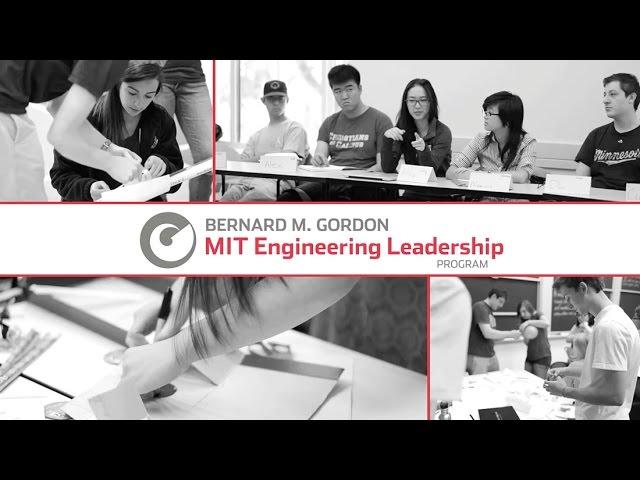
Gordon-MIT Engineering Leadership Program
Added 696 Views / 0 LikesGordon-MIT Engineering Leadership Program
-
04:06
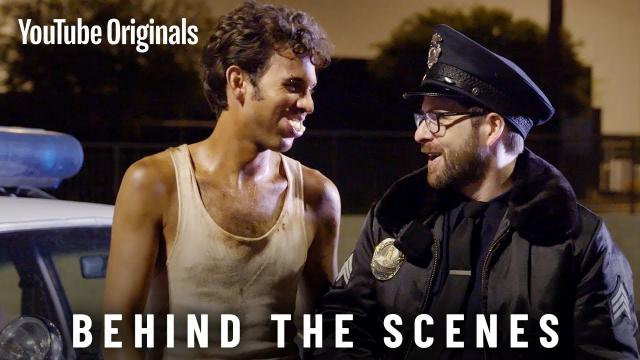
Gotta Be Safe! The STUNTS of CYSTM: Die Hard!
Added 401 Views / 0 LikesWatch the Full Episode: https://youtu.be/901iIpIyNrwSafety is the name of the game, as Jake (me) show the audience what it takes to safely pull off the hair raising stunts that give CYSTM that big screen feel...plus join in on a great mystery plaguing the
-
1:04:41
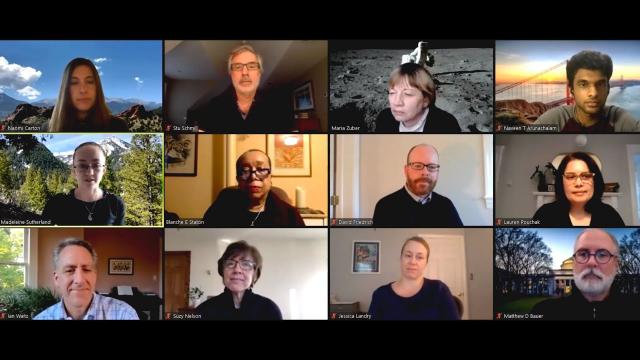
Graduate Student Town Hall
Added 520 Views / 0 LikesWatch more videos from MIT: http://www.youtube.com/user/MITNewsOffice?sub_confirmation=1The Massachusetts Institute of Technology is an independent, coeducational, privately endowed university in Cambridge, Massachusetts. Our mission is to advance knowled
-
02:27
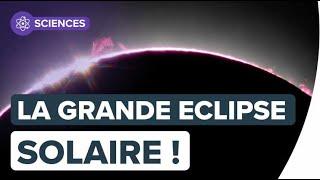
Grande éclipse solaire du 21 août 2017 : d'incroyables images ! | Futura
Added 539 Views / 0 LikesAbonnez vous vite à notre chaîne : http://bit.ly/FuturaYouTube Activez la petite cloche ci-dessus et recevez une notification pour chaque publication. Une éclipse solaire a traversé les États-Unis le 27 août 2017, suscitant un engouement national. Comme t
-
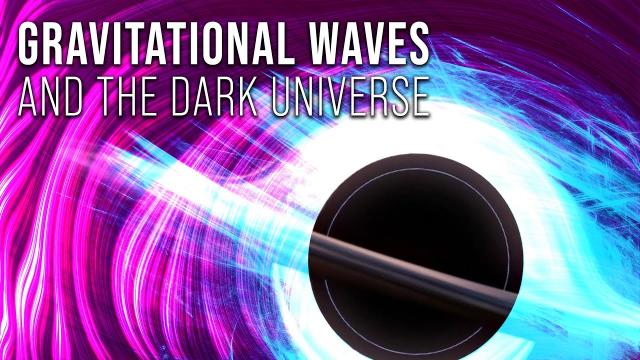
Gravitational Waves and the Dark Universe
Added 163 Views / 0 LikesJoin us to explore hot-off-the press results in gravitational waves and a just-launched mission promising to shed light on the dark universe. Brian Greene in live conversation with Chiara Mingarelli and Jason Rhodes.This program is part of the Big Ideas s
-
1:39:22
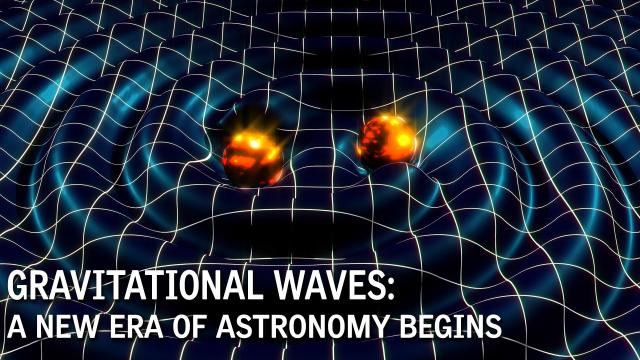
Gravitational Waves: A New Era of Astronomy Begins
Added 767 Views / 0 LikesGravitational Waves: A New Era of Astronomy Begins
-
02:54
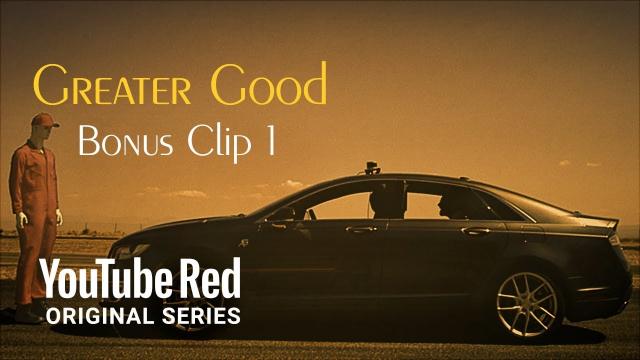
Grayson Brulte Interview - Mind Field S2
Added 520 Views / 0 LikesGrayson Brulte Interview - Mind Field S2
-
05:35
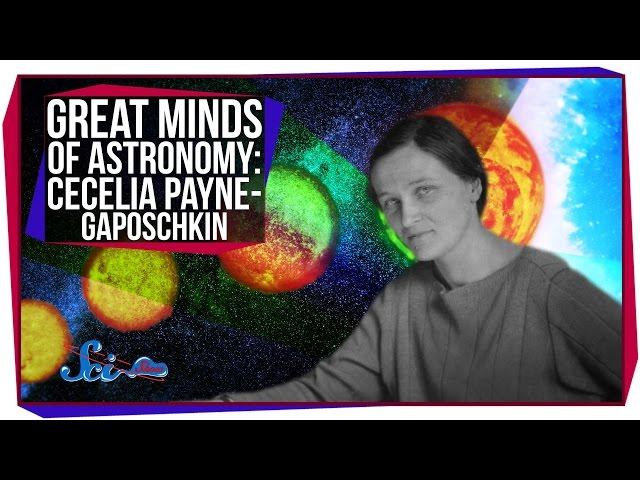
Great Minds of Astronomy: Cecilia Payne-Gaposchkin
Added 897 Views / 0 LikesGreat Minds of Astronomy: Cecilia Payne-Gaposchkin
-
05:39
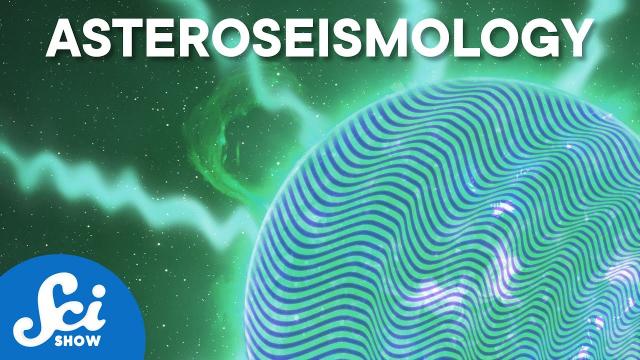
Great Minds: Conny Aerts, the Starquake Professor
Added 235 Views / 0 LikesThis episode was made in partnership with The Kavli Prize. The Kavli Prize honors scientists for breakthroughs in astrophysics, nanoscience and neuroscience — transforming our understanding of the big, the small, and the complex.While doing some light rea
-
05:20
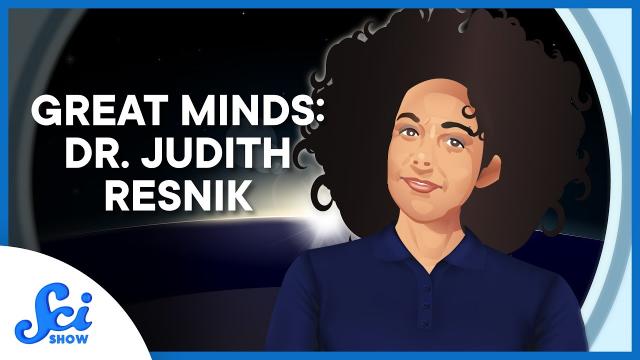
Great Minds: Dr. Judith Resnik and the Icebusters
Added 338 Views / 0 LikesThis video was sponsored by DataCamp. Data is everywhere! Use SciShow’s link to get the first chapter of any DataCamp course for FREE: https://bit.ly/3AwSN09 In 1984, ice was accumulating on the side of the Space Shuttle Discovery, spelling possible disas
-
05:06
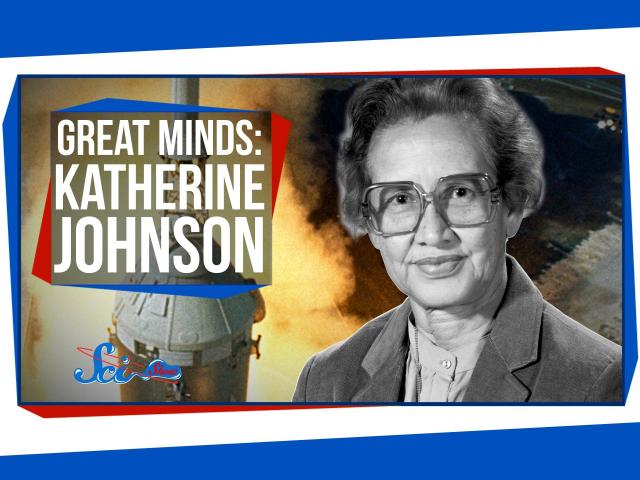
Great Minds: Katherine Johnson, Human Computer
Added 743 Views / 0 LikesGreat Minds: Katherine Johnson, Human Computer
-
04:21
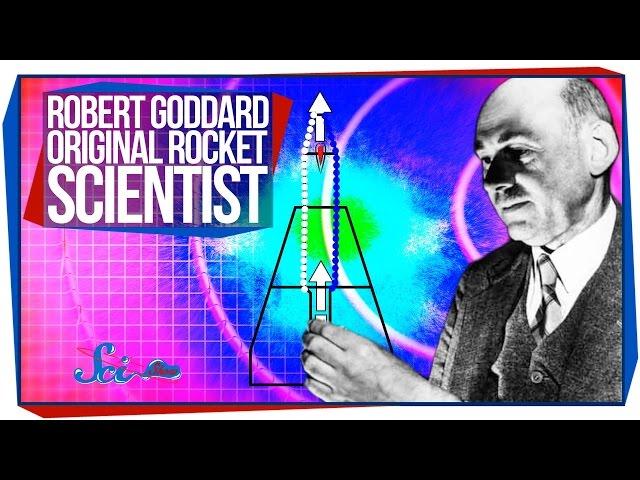
Great Minds: Robert Goddard, Original Rocket Scientist
Added 739 Views / 0 LikesGreat Minds: Robert Goddard, Original Rocket Scientist
-
04:44
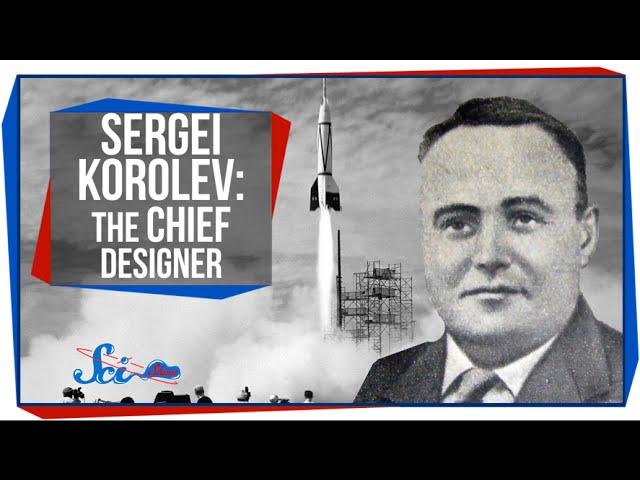
Great Minds: Sergei Korolev, The Chief Designer
Added 776 Views / 0 LikesGreat Minds: Sergei Korolev, The Chief Designer
-
05:08
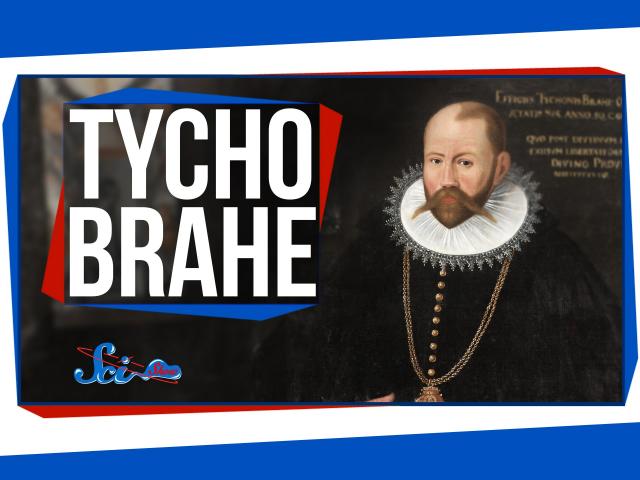
Great Minds: Tycho Brahe, the Astronomer With a Pet Elk
Added 827 Views / 0 LikesGreat Minds: Tycho Brahe, the Astronomer With a Pet Elk

